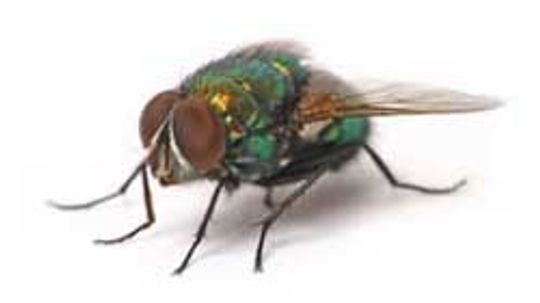The Menace of Black Flies: Strategies for Effective Bite Prevention
Black flies, notorious for their painful bites and relentless swarming, can quickly turn a peaceful outdoor adventure into an itchy nightmare. However, fear not! With the right knowledge and preventive measures, you can enjoy nature’s beauty without falling victim to these pesky insects.
Avoiding Infested Areas: The First Line of Defense
To minimize your encounters with black flies, it is crucial to steer clear of their preferred habitats. These tiny tormentors thrive near slow-moving streams, rivers, or lakes where they lay their eggs. By planning your outdoor activities away from such areas during peak black fly season – typically spring and early summer – you significantly reduce the risk of being bitten.
Furthermore, if you find yourself in an infested area due to unavoidable circumstances like camping or hiking trips near water bodies, consider setting up camp at higher elevations or well-ventilated spots. Black flies tend to avoid windy locations as they are weak fliers; thus reducing your exposure to them.
Dress Smartly: Shielding Yourself from Unwanted Attention
Your choice of clothing plays a vital role in protecting yourself against black fly bites. Opt for light-colored garments that cover as much skin as possible while still keeping you cool on warm days. Long-sleeved shirts and pants made from lightweight fabrics act as effective barriers between your skin and these persistent pests.
Add an extra layer of defense by treating your clothing with permethrin-based insect repellents specifically designed for fabric application. This chemical treatment repels not only black flies but also other biting insects like mosquitoes and ticks.
Repellents: A Powerful Tool in Your Arsenal
When venturing into black fly-infested areas, it is crucial to arm yourself with a reliable insect repellent. Look for products containing DEET or picaridin as these active ingredients have proven efficacy against black flies.
To ensure maximum protection, apply the repellent evenly on exposed skin surfaces and reapply as directed by the product instructions. Remember to avoid contact with eyes, mouth, and open wounds while using any chemical-based repellents.
Conclusion: Embrace Nature Bite-Free
In conclusion, preventing black fly bites requires a combination of strategic planning and protective measures. By avoiding infested areas whenever possible, dressing appropriately to minimize exposed skin, treating clothing with permethrin-based repellents, and utilizing effective personal insect repellents containing DEET or picaridin – you can confidently explore the great outdoors without worrying about those pesky black flies ruining your experience.



